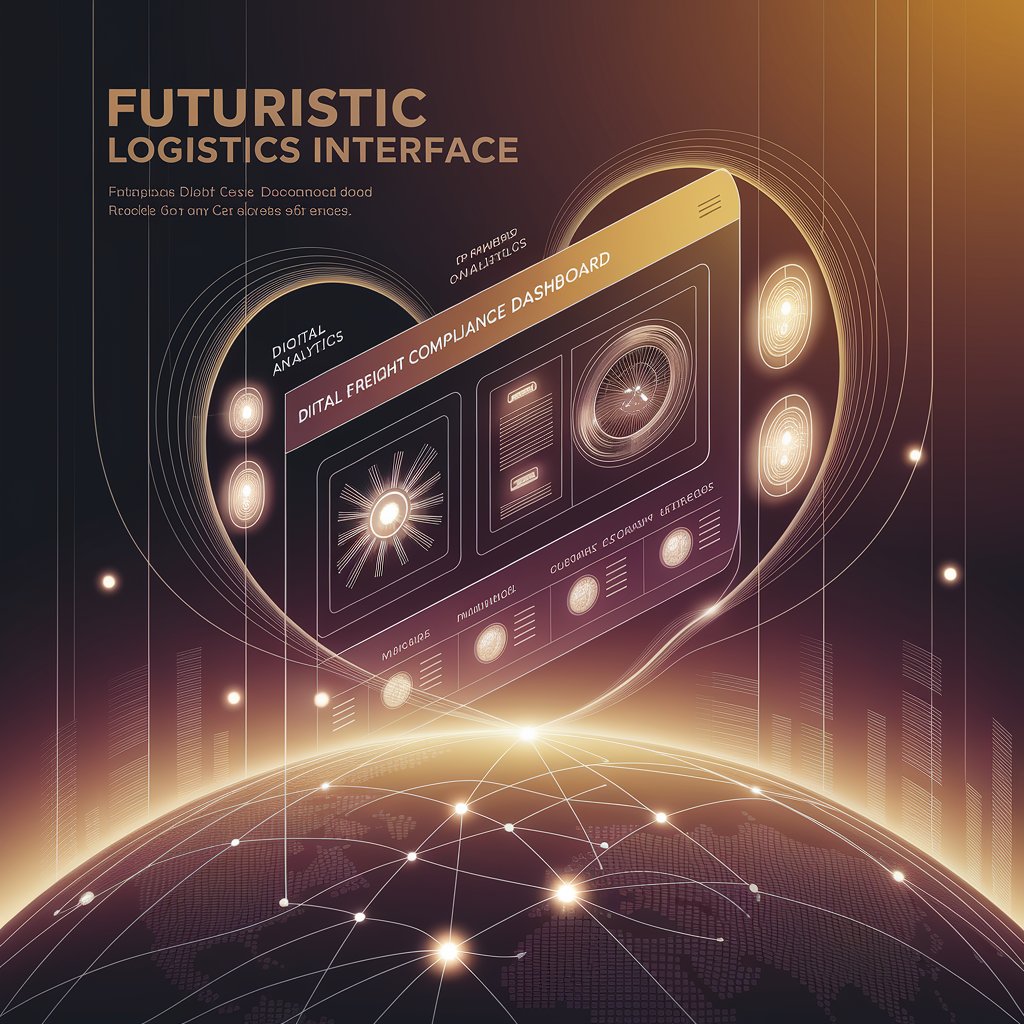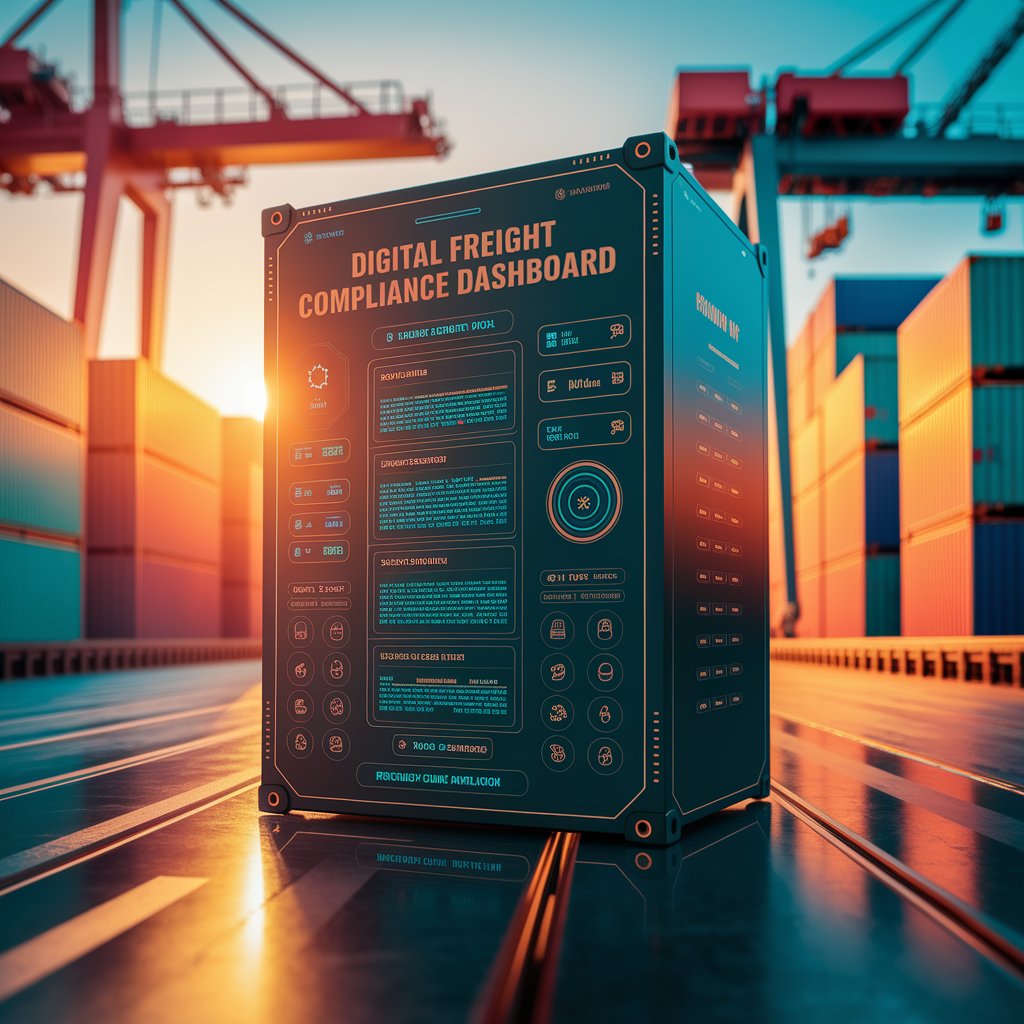Digital Freight Compliance: Ensuring Transparency and Efficiency in Logistics

Introduction
Digital freight compliance changes this paradigm. By automating processes, ensuring transparency, and integrating compliance into digital platforms, logistics providers can operate more efficiently while staying aligned with international standards.
What Is Digital Freight Compliance?
Digital freight compliance refers to the automation and digitalization of compliance processes in logistics and freight forwarding. It ensures that shipments meet legal, customs, and trade requirements in real time, eliminating paperwork bottlenecks and reducing errors.
It covers:
- Customs declarations and HS code classifications
- Trade documentation (B/L, invoices, certificates)
- Sanction list screening and cargo verification
- Taxation, tariffs, and VAT management
- ESG and sustainability compliance reporting

Key Features of Digital Freight Compliance Tools
- Automated Document Generation: Reduce manual paperwork.
- Customs Integration: Seamless filing and clearance processes.
- Real-Time Compliance Checks: Identify risks before shipment delays.
- Audit Trails: Transparent history of compliance actions.
- Global Standards Support: ISO, IMO, and country-specific requirements.
Benefits for Logistics Providers
- Reduced Errors: Minimize human mistakes in regulatory filings.
- Faster Clearance: Avoid costly delays at ports and customs.
- Lower Costs: Save resources by automating documentation.
- Risk Mitigation: Stay ahead of audits, sanctions, and penalties.
- Customer Confidence: Demonstrate transparency and trustworthiness.

Real-World Applications
- Freight Forwarders: Automate compliance for international shipments.
- Carriers: Ensure adherence to IMO and safety regulations.
- E-commerce Logistics: Simplify cross-border customs declarations.
- Pharma and Food Supply Chains: Guarantee compliance with strict import/export controls.
The Future of Digital Freight Compliance
As AI, blockchain, and IoT become integral to logistics, compliance will evolve into real-time and predictive systems. Smart platforms will automatically validate shipments, detect risks, and even simulate compliance scenarios before cargo leaves the port. Sustainability metrics and ESG reporting will also become a standard part of digital compliance.

Conclusion
Digital freight compliance is redefining how logistics companies manage regulations and documentation. By automating processes, ensuring transparency, and integrating compliance into digital platforms, businesses can reduce risks, accelerate shipments, and enhance customer trust. In a global trade environment that is only becoming more complex, digital compliance is the foundation for efficiency and competitiveness.
